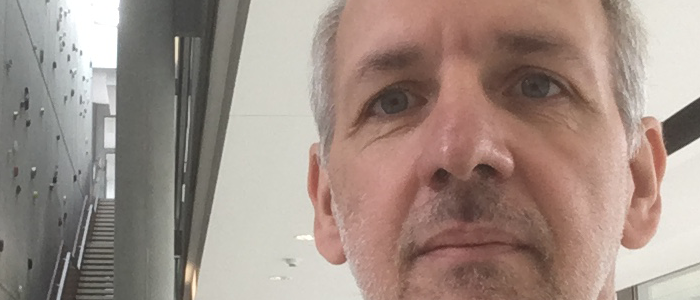Christian Klotz

Fachgebiet 16: Erreger von Pilz- und Parasiteninfektionen und Mykobakteriosen
Robert Koch-Institut
Seestraße 10
13353 Berlin
Christian Klotz
... is a biologist at the Robert Koch Institute (RKI) with a longstanding interest in infectious disease biology. He did his PhD in Molecular Parasitology at Humboldt University, Berlin and since then has been interested in the immunology, molecular biology, and cell biology of various parasites (mainly protists) and the diseases they cause. After postdoc training at New York University (2005-2007) and Humboldt University Berlin (2007-2010) Christian joined the parasitology group (Unit 16) at the RKI as a group leader for intestinal protist parasites and stem cell-derived organoid models for studying host-parasite interactions. Christian is a member of the German society of Parasitology (DGP) and the German Society for Hygiene and Microbiology (DGHM). For the latter he is deputy chairman in the board of the “Fachgruppe” Eukaryotic Pathogens.
Research synopsis
In our research we are studying molecular aspects of human intestinal diseases caused by protist parasites. We mainly focus on Giardia duodenalis, a flagellate that is relevant for public health and also serves as an important model organism. The research has a wide scope, comprising projects on the understanding of molecular epidemiology to the molecular mechanisms of disease. To model human infection, we use stem cell-derived intestinal organoids that adequately resemble the primary tissue in the gut.
For Giardia parasites, adhesion to the intestinal surface is essential. This attachment is mediated by a unique cellular organelle, the ventral adhesive disc. However, the underlying mechanism and physical determinants of attachment are largely unknown.
This study is Project 1 of the SPP 2332 PoP.






